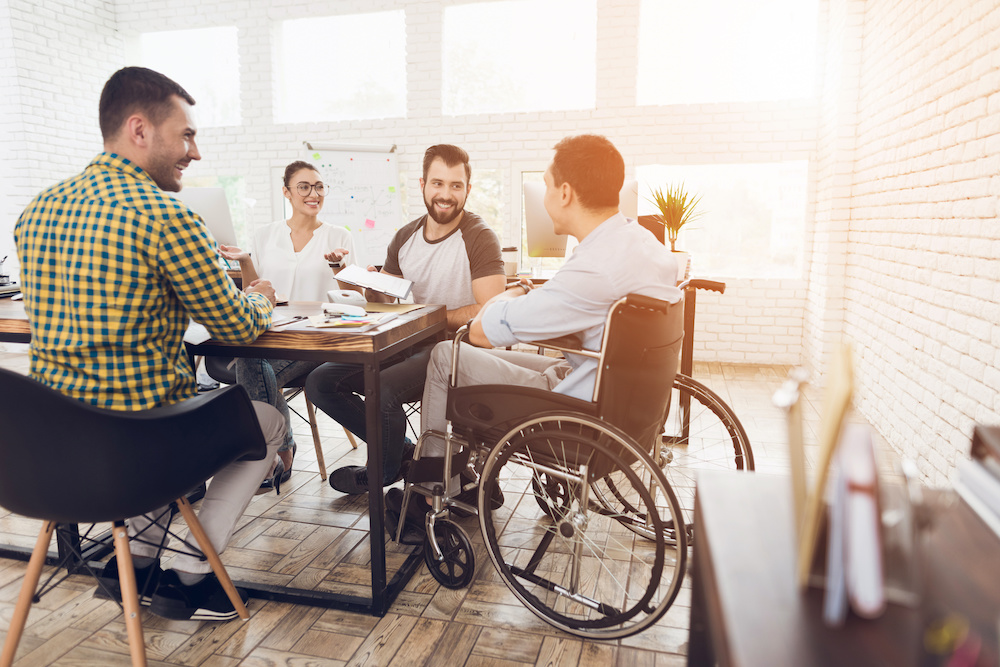Approximately 61 million adults in the United States live with some type of disability, according to the Centers for Disease Control and Prevention. This is a significant portion of the US population. Unfortunately, a person with disabilities is often treated differently when out in public. Just because a person is in a wheelchair or has a physical disability doesn’t mean they should be treated as less than. Sometimes you may have good intentions, but the presentation of your words or actions could be received differently. Keep these tips in mind the next time you interact with a person with disabilities.
Treat Wheelchair Users Like You Would Other People
An adult in a wheelchair should be treated just like an adult who is not in a wheelchair. A common thing people do when interacting with a person in a wheelchair is patting them on the head or the shoulders while talking to them or when leaving the conversation. Think about how often you would do this to a person who is not in a wheelchair. Chances are you don’t do it at all. This action is received as demeaning to the person in a wheelchair.
Be Genuine When Offering Assistance
Genuinely offering assistance means not assuming what the person in a wheelchair is capable of. For example, if there is an item high on a shelf they are looking at, do not grab it for them without asking. Simply ask if they need help reaching something and wait for their answer. Some people will be grateful for your assistance, and others may have specialized tools to help them reach items. By assuming the person needs help in these situations, you could be demeaning them unintentionally.
Don’t Ask Why They Are In A Wheelchair
It’s not polite or appropriate to ask a stranger why they are in a wheelchair. If they offer the reason on their own, then it’s acceptable to ask other questions since it indicates they are open to talking about it. Otherwise, the reason why they are in a wheelchair may be difficult for them to think about and could stir up some emotions.
Speak Directly To Them And Be Positive
If you’re talking to a wheelchair user who has another person next to them, be sure to make eye contact and speak directly to the wheelchair user. Some people just talk to the person standing next to them and ignore the person with disabilities. While it may be unintentional, it’s disrespectful to the wheelchair user and can make them feel inferior.
Next Day Access wants to help anyone with a physical disability navigate life easier. Treating people with respect regardless of their situation is the right thing to do. If there’s anything we can do to help you improve your mobility or the mobility of a loved one, contact us today.





